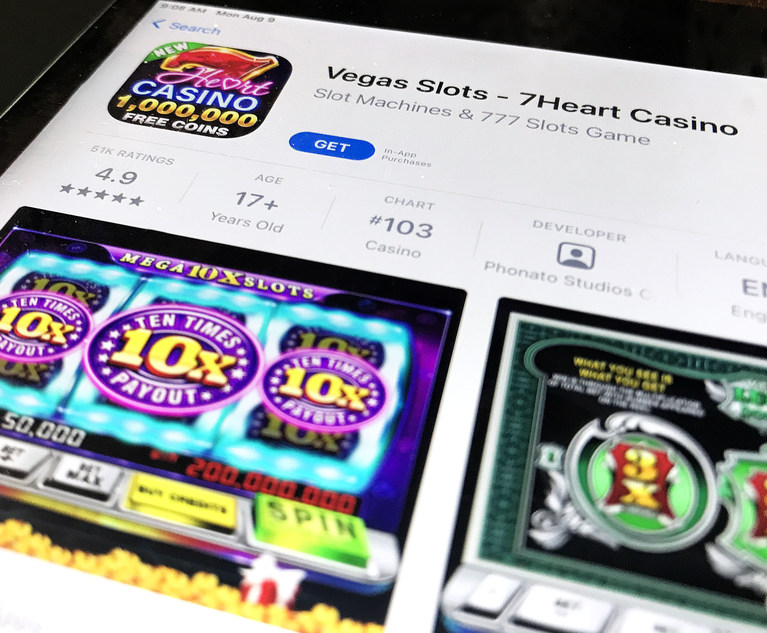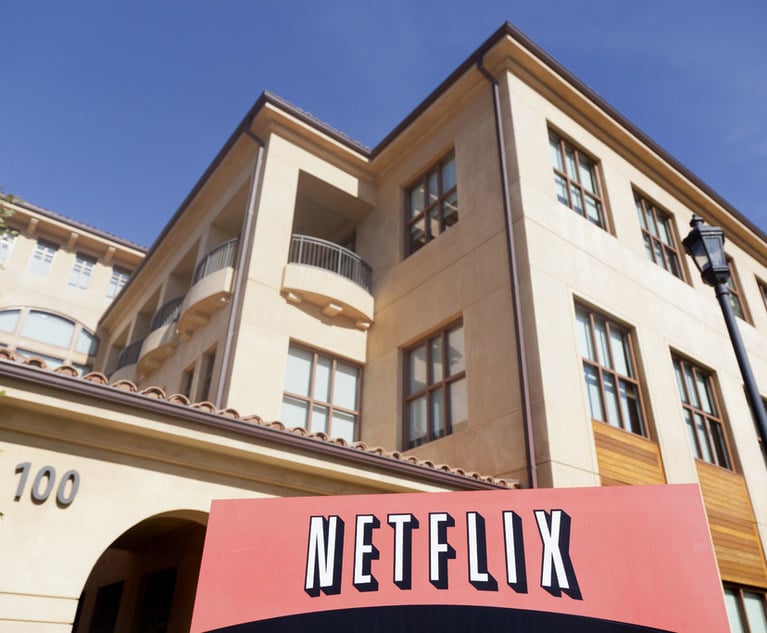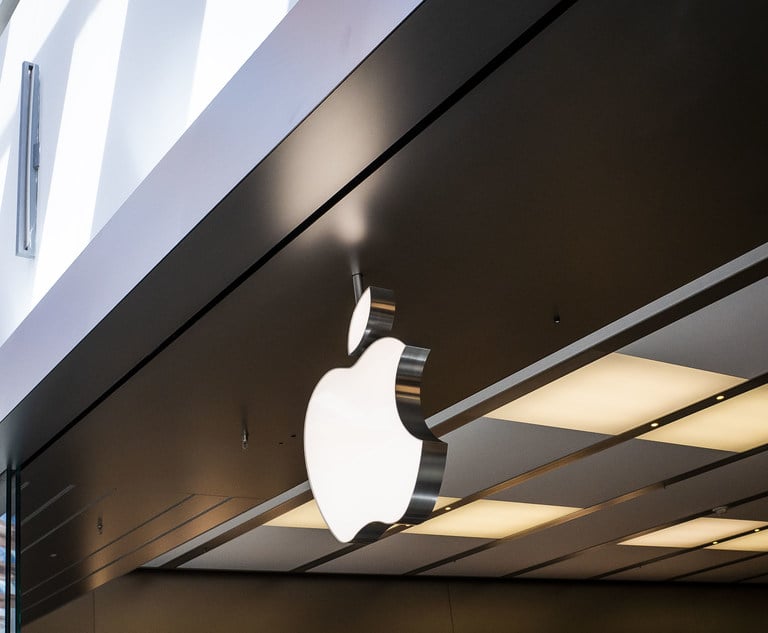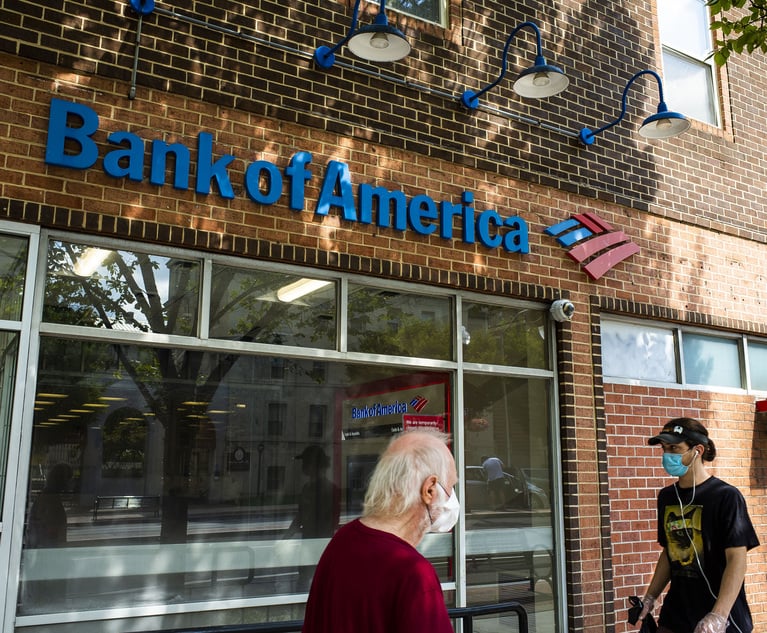In the latest decision to limit the protections of the federal Communications Decency Act, a California judge refused to dismiss lawsuits alleging casino apps on Google, Facebook and Apple constitute illegal gambling.
U.S. District Judge Edward Davila, in San Jose, found the Communications Decency Act did not immunize the tech companies from actions that were their own, rather than those of third parties—in this case, the casino apps.
In so concluding, Davila, who reviewed seven CDA decisions over the past 18 years by the Ninth Circuit, noted that tech companies had evolved into “data-driven targeting of consumers” since the passage of the CDA in 1996.
“Platforms like Facebook, Google, and Apple are more than mere message boards. They are creators of content themselves, and they should be treated as such,” he wrote.
Davila, however, stayed the litigation to allow the tech companies to file an interlocutory appeal of his decision to the U.S. Court of Appeals for the Ninth Circuit.
“This case involves controlling questions of law, namely whether the platforms are entitled to immunity for their hosting of the allegedly unlawful social casino apps,” he wrote. “While the court believes it has followed the Ninth Circuit’s precedent on this complicated question, the court finds that reasonable minds could differ as to the outcome of this case. Finally, the court finds that immediate appeal would materially advance the ultimate termination of the litigation and would ensure that resources are not wasted on needless litigation and expenses.”
Gibson, Dunn & Crutcher partner Christopher Chorba, an attorney in Los Angeles for Facebook, now called Meta Platforms Inc., did not respond to a request for comment. Nor did Apple’s lawyer, John Gibson, of DLA Piper in Los Angeles, or Teresa Michaud, a Los Angeles partner at Baker McKenzie, who represents Google.
Edelson partner Rafey Balabanian, in San Francisco, who represents the plaintiffs, wrote in an email: “We are pleased with the Court’s decision and look forward to litigating the case.”
‘Bookies’ or Publishers?
Google, Facebook and Apple are defendants in lawsuits alleging casino apps on their sites violate illegal gambling laws in numerous states. Plaintiffs allege that all three companies “act essentially as bookies,” selling virtual chips, processing the payments and earning 30% fees on purchases, which generate billions of dollars.
The tech companies have other defenses, but Davila ordered briefing on Section 230 of the CDA, which protects “interactive computer service” companies from liability for third parties. That defense alone, if granted, could dismiss the entire casino app litigation.
In his opinion, Davila relied on the Ninth Circuit’s 2009 decision in Barnes v. Yahoo! Inc., which provided a three-prong test for CDA immunity. At issue is one prong of that test: whether the tech companies were acting as publishers or speakers of content provided by third parties.
He disagreed with two theories brought by the plaintiffs in the multidistrict litigation that the tech companies weren’t immune because they promoted and advertised the apps, at times providing “data driven analytics” to help make the games more profitable and addicting.
“Providing social casino developers with big data is like an editor providing edits or suggestions to a writer,” he wrote.
But allegations pertaining to the sale of virtual chips, he ruled, were not immune because they focused on the allegedly unlawful actions of the tech companies themselves.
He wrote, “Plaintiffs therefore do not attempt to treat the platforms as ‘the publisher or speaker’ of third-party content, but rather seek to hold the platforms responsible for their own illegal conduct—the sale of gambling chips.”
NOT FOR REPRINT
© 2024 ALM Global, LLC, All Rights Reserved. Request academic re-use from www.copyright.com. All other uses, submit a request to [email protected]. For more information visit Asset & Logo Licensing.


 Vegas Slots, a casino app, on the Apple Appstore. Photo: Diego M. Radzinschi/ALM
Vegas Slots, a casino app, on the Apple Appstore. Photo: Diego M. Radzinschi/ALM






